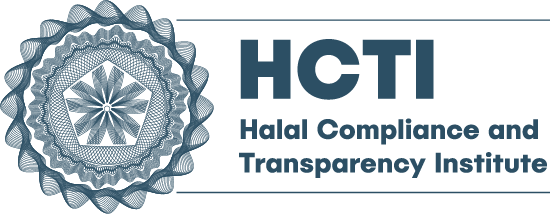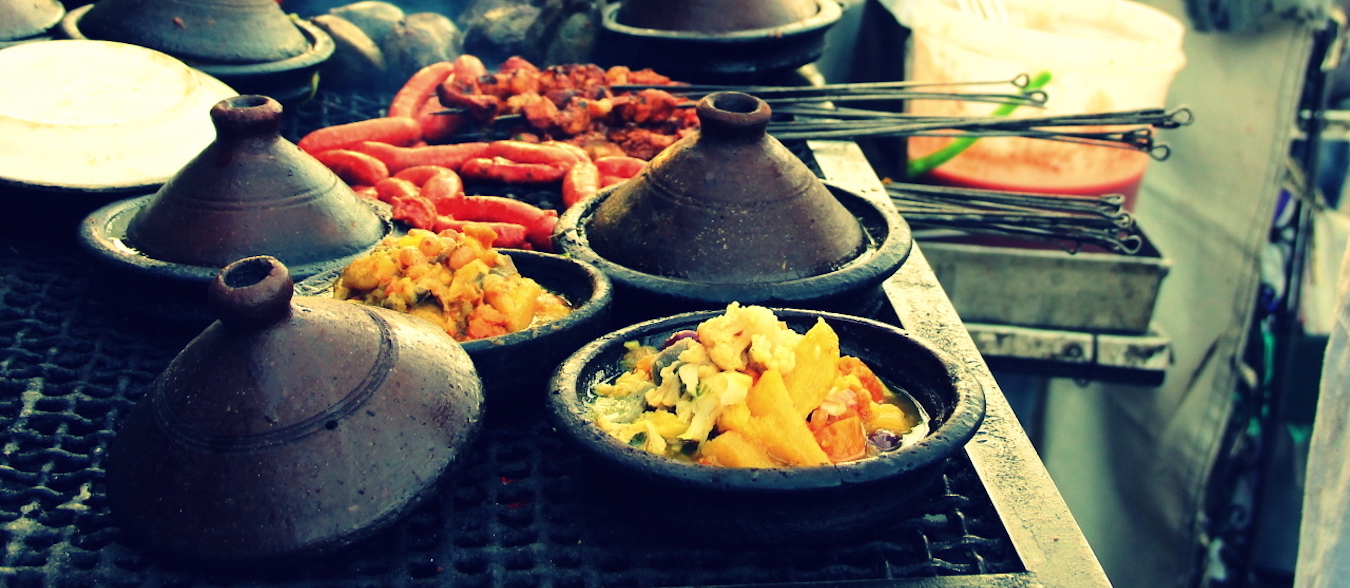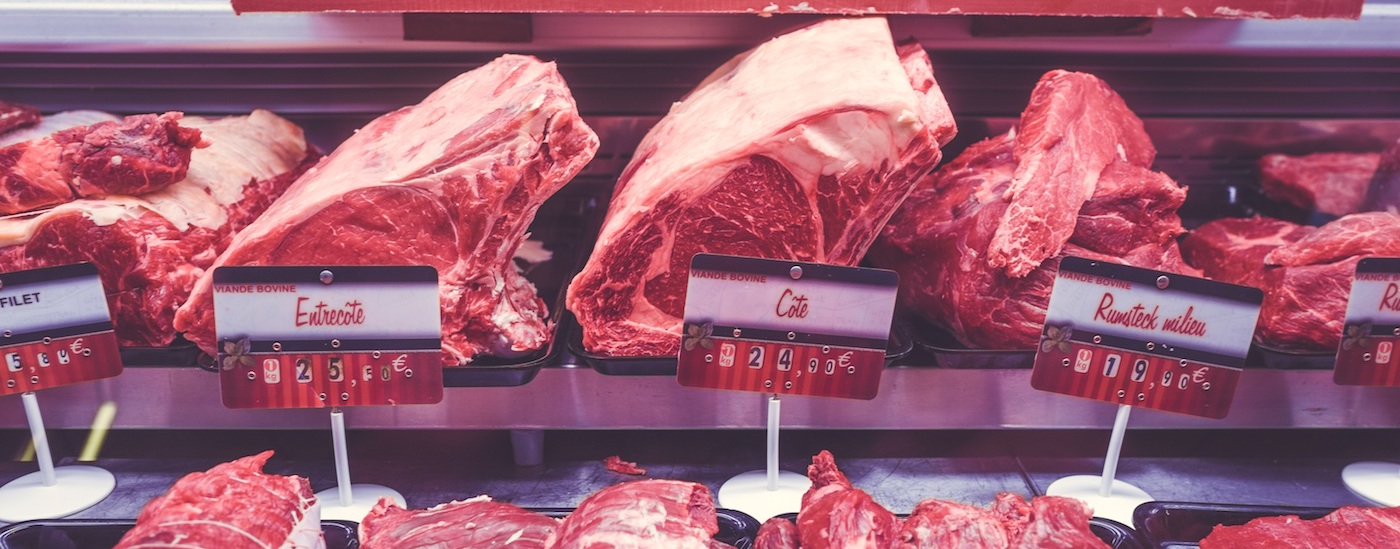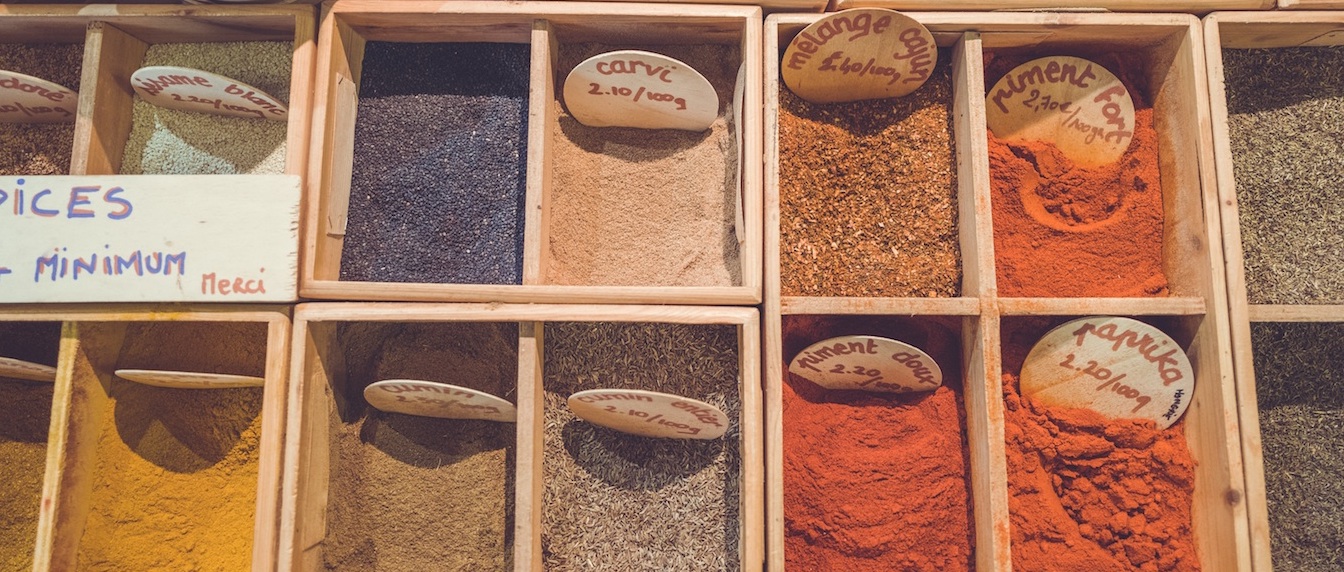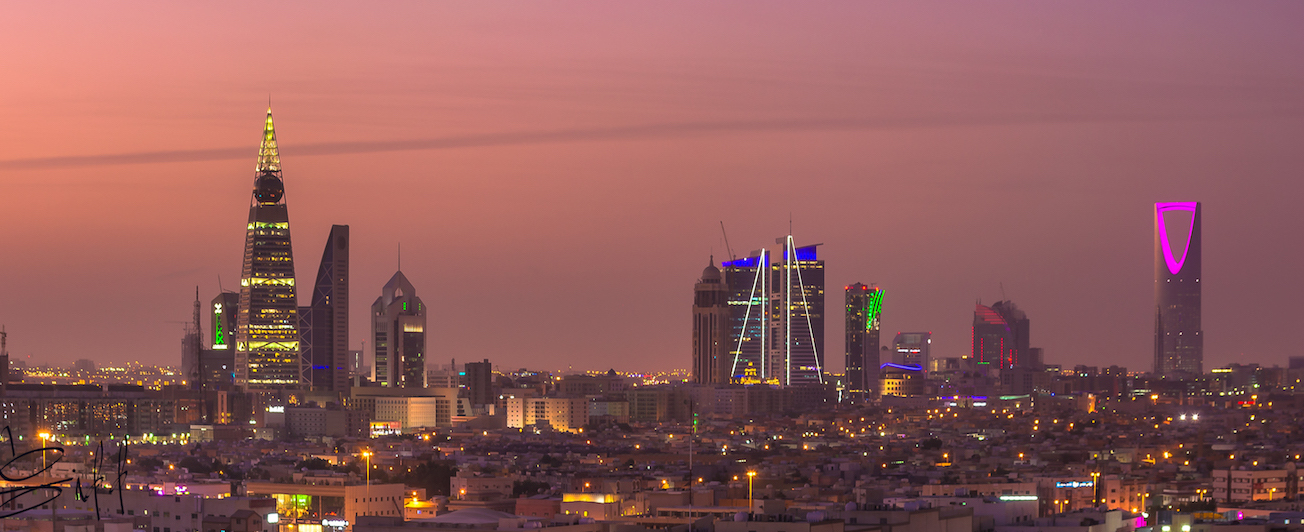With above average rates of return, strong economies, many western businesses share the desire to develop new export markets. This leads to various challenges. One of them is that most products need proper Halal Certifications to be fit for use in Islamic countries. This Institute offers your enterprise superior consulting services with regards to Halal certification. With our support, your product will be shaped up to meet legal standards in the countries you wish to export your goods to.
 There is more to Halal than just meeting the legal requirements for exports. Many certification bodies in the past were either not accredited to provide certain services, some of them were even funding Islamic extremist structures. We are the first institution in the world to provide a smooth Halal due diligence and transparency check for your existing Halal certification and we can assess whether your partner is accepted in the Islamic market you wish to target. If your product needs a valid Halal certificate, we do offer our own testing models, based on widely accepted standards set out by the GCC (Gulf Cooperation Countries).
There is more to Halal than just meeting the legal requirements for exports. Many certification bodies in the past were either not accredited to provide certain services, some of them were even funding Islamic extremist structures. We are the first institution in the world to provide a smooth Halal due diligence and transparency check for your existing Halal certification and we can assess whether your partner is accepted in the Islamic market you wish to target. If your product needs a valid Halal certificate, we do offer our own testing models, based on widely accepted standards set out by the GCC (Gulf Cooperation Countries).
In 2014 the Halal food and beverage market was valued at US $ 1,37 Trillion. This represents 18,2% of the global food and beverage market. The biggest Halal Business is in the countries of the MENA Region (Middle East and North Africa), followed by South Asia, East Asia, Central Asia and sub-Saharan Africa. Food accounts 61% for the Halal market, followed by pharmaceuticals with 26% and cosmetics with 11%.
In the range of Halal certification, one Problem is remaining – the compliance. Fact is, many of the religious Halal certification bodies around Europe are illegal or not-standardized. On the contrary to many Islamic countries, there is no public authority which is responsible for the certification process. All of this is merely organized through the religious communities in the different countries. But this is non-transparent. Another Problem is the fact there is no “common” fee for Halal certification. For example, in Germany a certification would cost roughly € 3.000 per year, in Austria it would cost € 4.000 and in Denmark roughly € 2.000.
There is a huge need to unite and standardize the Halal certification processes. It needs to be only one Halal Certificate for all products. For this step there must be a Halal Compliance Authority who is a Gatekeeper before import is granted. All imports must be checked with regard to compliance. And this is the support only we can give you.
Halal certification has many benefits for consumers and companies
Benefits for consumers: We guarantee that a specific product is 100% Halal and that it meets all Islamic standards. The consumers can buy the products with a clear conscience.
Benefits for companies
Holding a halal certificate opens you the door to a consistently growing, worldwide market. With a total global Muslim population of nearly 1.8 billion, the Halal market is currently estimated to be worth approximately US$300 billion. The certification is not mandatory in all Islamic countries, but many require it upon import. This is especially the case with meat and poultry products, or other Food and Beverage products. Being certified gives you a competitive advantage over companies without proper certification.
